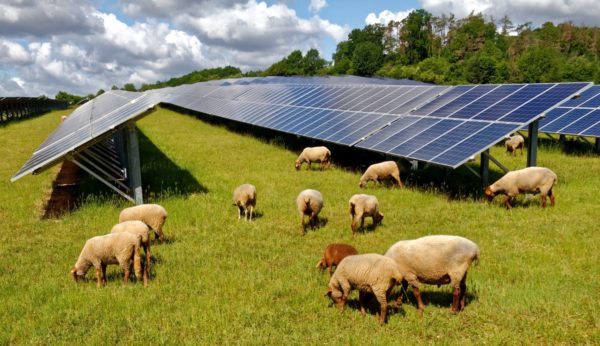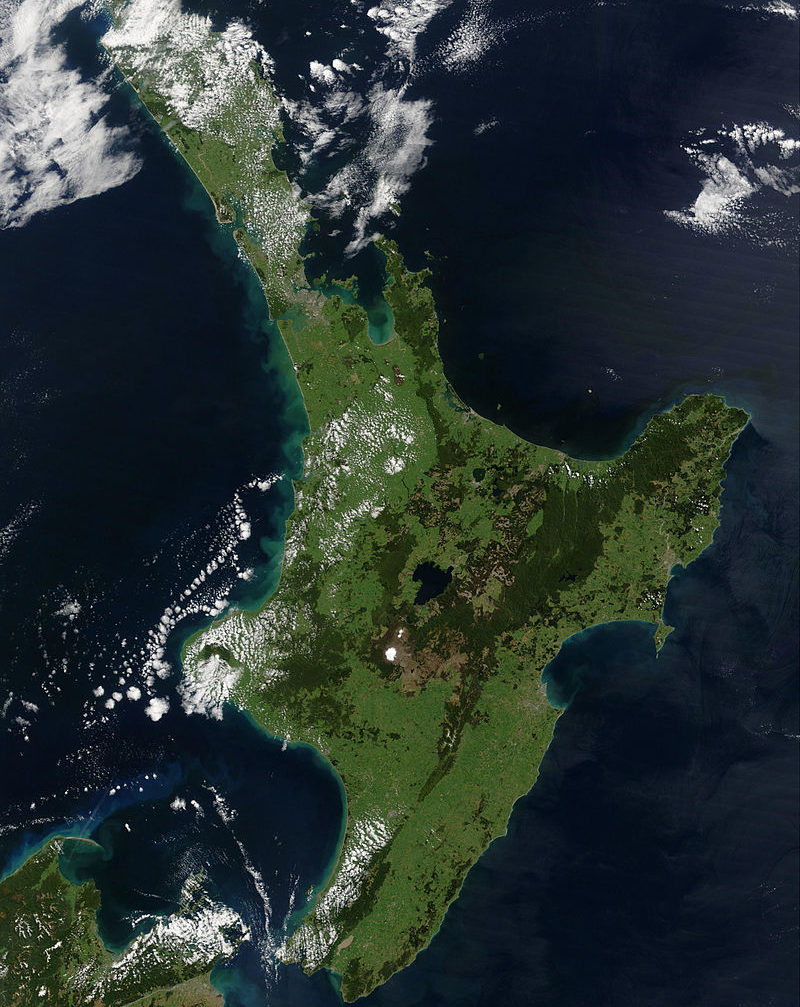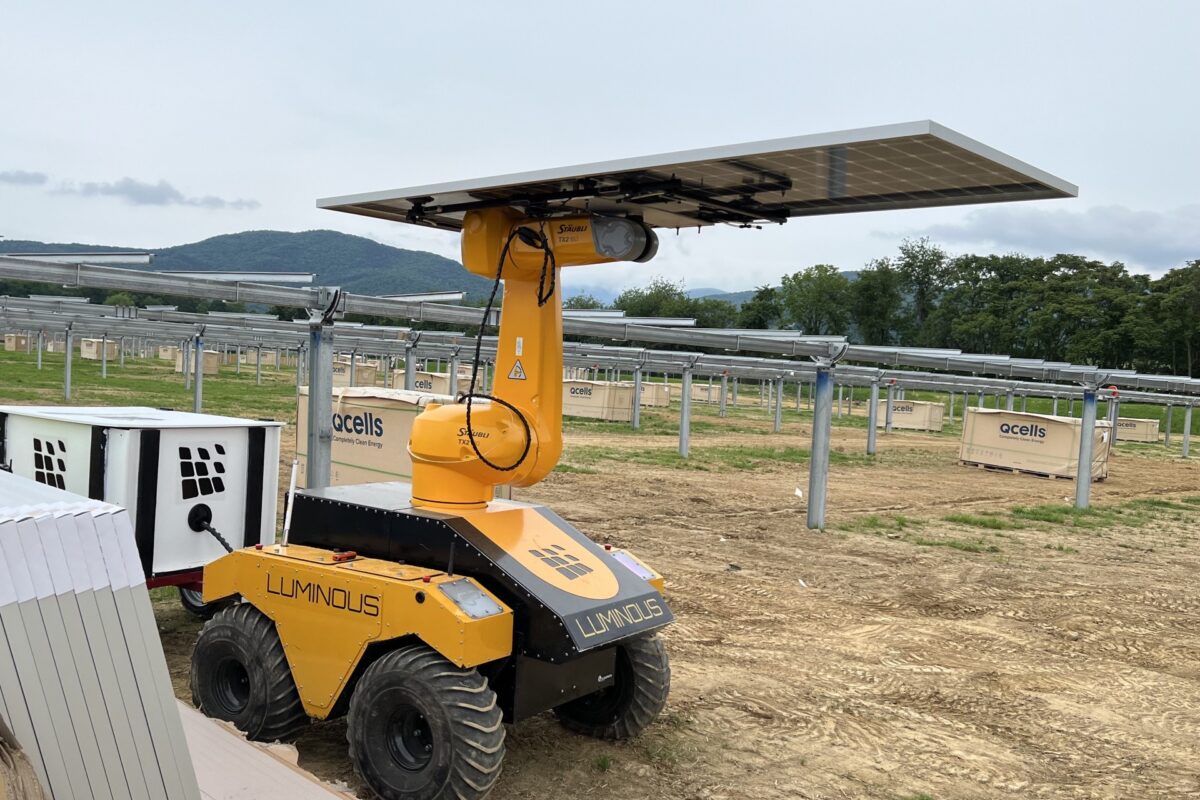The New Zealand arm of UK-based renewables developer Harmony Energy has received a permit from New Zealand’s Environmental Protection Authority (EPA) to build the 147 MW Tauhei Solar Farm in the Waikato region of the North Island.
The EPA said an independent fast-track consenting panel has granted resource consent to build the Tauhei Solar Farm on farmland at Te Aroha West, about 140 kilometres south of Auckland.
The panel has also approved the installation of underground electricity cables to connect the project to the national grid via the existing Waihou Substation. The consent also allows for the construction of two new substations, inverters, ancillary buildings, structures, and other associated infrastructure.
The proposed Tauhei Solar Farm will comprise about 330,000 panels spread across approximately 180 hectares of existing farmland. The project will be capable of generating enough renewable electricity to supply the equivalent of 33,000 homes.
It is anticipated construction will commence in 2024, with the solar farm to be operational in 2025.
The EPA said the resource consent was granted by an independent panel under the government’s Fast-track Consenting Act. The legislation, introduced to grow the economy, boost jobs and speed up infrastructure development, allows for a shorter consenting process, saving an average of 15 months per project.

Image: Harmony Energy
Harmony Energy director Pete Grogan welcomed the decision, saying the project will provide a significant contribution to New Zealand’s net zero ambition while delivering significant economic and environmental benefits.
“We are thrilled this important renewable development can now proceed,” he said. “This proposal creates opportunities for local businesses and employment and creates significant biodiversity gains.
“One of the great advantages of solar power is that it accommodates dual use of land, allowing for energy generation alongside continued farming production, as will happen at Tauhei.”
While the design of the solar farm allows for the grazing of sheep between and under the panel arrays, it also includes the ecological restoration of approximately seven hectares of wetland area, incorporating boardwalks for scheduled educational visits.
Grogan, who co-founded Harmony Energy before returning home to establish the company’s New Zealand operation, said in addition to the Tauhei Solar Farm, the company has a pipeline of more than 500 MW of renewable energy projects planned for New Zealand.
In the UK, the company is in the final stages of developing a major battery energy storage facility in East Yorkshire. When finished, the facility will have the capacity to store up to 198 MWh of power to feed directly back into the network, making it the largest battery energy storage facility in the UK.
The Tauhei Solar Farm is the latest in a suite of large-scale solar PV projects planned for New Zealand.
Wellington-based Todd Generation, through subsidiary Nova Energy, is pursuing plans to establish a 400 MW solar farm at Rangitāiki on the North Island. New Zealand’s Contact Energy has teamed with Lightsource bp, the renewables arm of Britain-based BP, to develop a large-scale solar portfolio, German investment manager Aquila Capital has partnered with Auckland-based renewables developer Far North Solar Farm (FNSF) to develop a suite of large-scale solar PV projects across the North and South islands and Helios Energy is also pursuing grid-scale solar developments in the country.
This content is protected by copyright and may not be reused. If you want to cooperate with us and would like to reuse some of our content, please contact: editors@pv-magazine.com.









By submitting this form you agree to pv magazine using your data for the purposes of publishing your comment.
Your personal data will only be disclosed or otherwise transmitted to third parties for the purposes of spam filtering or if this is necessary for technical maintenance of the website. Any other transfer to third parties will not take place unless this is justified on the basis of applicable data protection regulations or if pv magazine is legally obliged to do so.
You may revoke this consent at any time with effect for the future, in which case your personal data will be deleted immediately. Otherwise, your data will be deleted if pv magazine has processed your request or the purpose of data storage is fulfilled.
Further information on data privacy can be found in our Data Protection Policy.